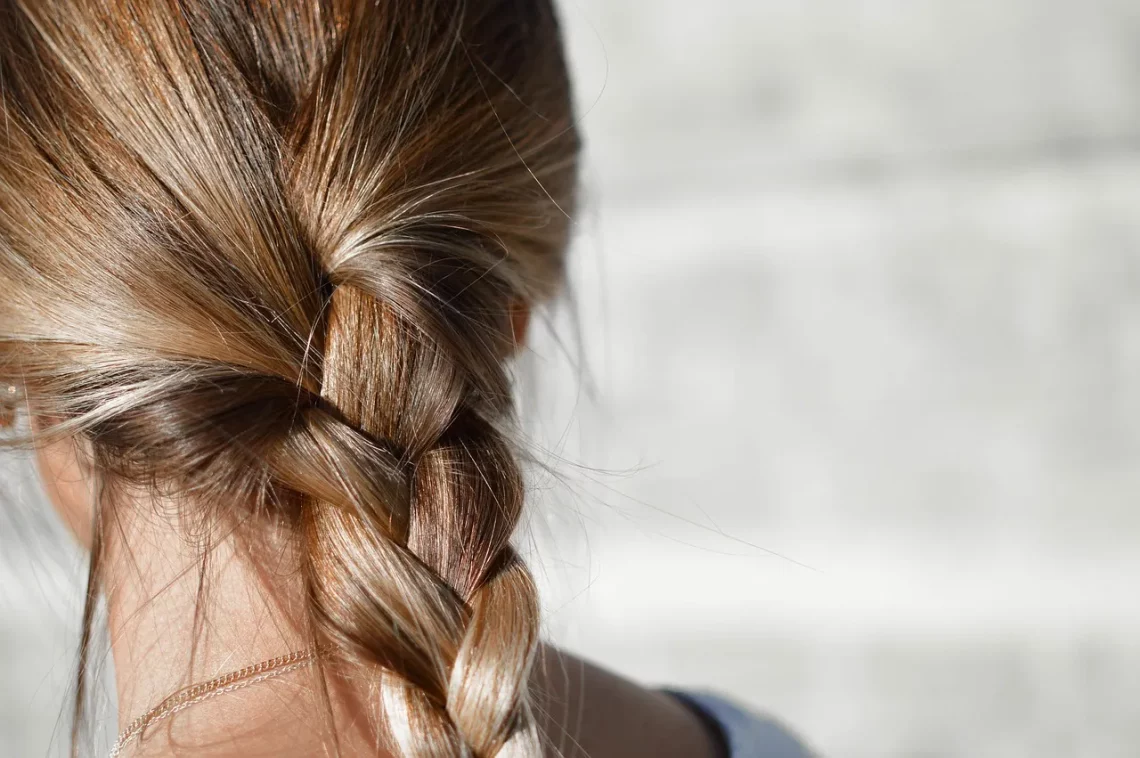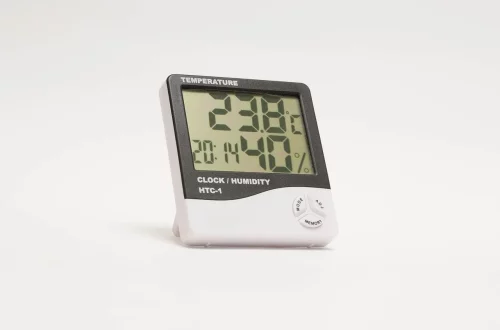
The Fascinating World of Capillus: Exploring Hair and Identity
The human experience is intricately woven with the threads of identity, culture, and self-expression, and one of the most visible markers of this identity is hair. Hair has long been a symbol of beauty, status, and individuality, and its significance extends far beyond mere aesthetics. In various cultures, hair serves as a canvas for personal expression, representing not just personal style, but also heritage, beliefs, and social status.
Throughout history, individuals have adorned their hair in myriad ways, from intricate braids to flamboyant dyes, reflecting their emotions, social revolutions, and cultural shifts. The act of styling hair can serve as a powerful form of self-affirmation, allowing individuals to reclaim their identity in a world that often seeks to categorize and define them.
In today’s society, the relationship between hair and identity continues to evolve, influenced by social media, fashion trends, and cultural movements. People are increasingly embracing their natural textures, celebrating diversity in all its forms, and using hair as a means to challenge societal norms. This exploration of hair is not just about beauty; it encompasses a deeper understanding of who we are in a world that is constantly changing.
In this article, we will delve into the fascinating world of hair, unraveling its connections to identity, culture, and personal expression.
The Cultural Significance of Hair
Hair has played a significant role in cultures worldwide, often serving as a reflection of societal norms and values. Across different civilizations, hairstyles have been used to indicate social status, gender roles, and even religious beliefs. For example, in many indigenous cultures, specific hairstyles are reserved for certain rites of passage, reflecting an individual’s journey and achievements.
In ancient Rome, hair was a status symbol; the styles of the elite were often imitated by the masses. The complexity of a hairstyle could denote wealth and power, while simpler styles were associated with the lower classes. Similarly, in many African cultures, intricate hairstyles have been used to signify community ties, age, and social status.
Moreover, the symbolism of hair extends to gender identity as well. Throughout history, women have often been expected to maintain long, flowing hair as a symbol of femininity, while men have typically been associated with shorter styles. However, these norms have been challenged in contemporary society. As discussions around gender fluidity and identity have gained traction, individuals are increasingly breaking away from traditional expectations, using hair as a form of self-expression and defiance.
Additionally, hair can symbolize resistance and empowerment. The natural hair movement, for instance, has encouraged many individuals, particularly within the Black community, to embrace their natural curls and textures as a form of reclaiming identity and heritage. This movement not only challenges societal beauty standards but also fosters a sense of pride and community among those who participate.
Through the lens of culture, hair serves as a powerful medium for storytelling, identity affirmation, and social commentary.
Hair and Personal Identity
The connection between hair and personal identity is profound and multifaceted. For many, hair is an extension of the self, a way to express individuality and creativity. The choices individuals make regarding their hairstyles often reflect their personalities, moods, and life experiences.
For instance, a dramatic haircut can signify a fresh start after a challenging period, while vibrant hair color can be a bold statement of self-acceptance and confidence. Many people use their hair as a way to align their external appearance with their internal identity. This can include everything from adopting hairstyles that reflect cultural heritage to experimenting with cuts and colors that resonate with personal values or experiences.
Social media has further amplified this connection, providing a platform for individuals to showcase their unique styles and share their journeys. The rise of influencers and content creators has allowed for a diverse representation of hair types and styles, promoting acceptance and encouraging others to embrace their individuality.
However, this journey of self-expression is not without its challenges. Societal pressures and beauty standards can often make individuals feel constrained in their choices, leading to internal conflict regarding their natural appearance. The desire to conform to mainstream beauty ideals can cause individuals to alter their hair in ways that do not align with their true selves.
The journey toward embracing one’s natural hair can be liberating, allowing for a deeper understanding of personal identity. Hair, in this context, becomes a powerful tool for self-discovery and empowerment, enabling individuals to express their authenticity without fear of judgment.
The Psychological Impact of Hair
The psychological relationship individuals have with their hair is significant and complex. Hair can influence self-esteem, body image, and overall mental health. The way individuals perceive their hair—and how they believe others perceive it—can greatly impact their confidence and self-worth.
For many, hair is tied to personal identity and social acceptance. A bad hair day can lead to feelings of frustration and self-doubt, while a great hairstyle can boost confidence and elevate mood. Research has shown that people often associate hair with attractiveness and desirability, making it a crucial aspect of self-image.
Furthermore, societal and cultural pressures regarding hair can lead to anxiety and stress. For example, individuals with textured hair may feel pressured to conform to straight hair ideals, leading to a conflict between personal identity and societal expectations. This can result in a cycle of dissatisfaction and emotional distress, particularly if individuals feel that their natural appearance is not accepted or valued.
The act of changing one’s hairstyle can also serve as a coping mechanism. Many people turn to hair changes during significant life events, such as breakups or personal transformations. These changes can symbolize a new chapter in life and help individuals regain a sense of control over their identity.
Moreover, the growing conversation around mental health and self-acceptance has encouraged individuals to embrace their hair in all its forms. The rise of body positivity movements has helped to shift perceptions, promoting the idea that beauty comes in diverse shapes, sizes, and textures.
Ultimately, hair holds a unique place in the realm of psychology, serving as a reflection of personal identity and influencing emotional well-being.
Embracing Diversity in Hair
In recent years, there has been a notable shift toward embracing diversity in hair textures and styles. This movement has gained momentum through social media platforms, where individuals showcase their unique hair journeys, encouraging others to do the same. The celebration of diverse hair types has fostered a sense of community, allowing people to connect over shared experiences and challenges related to their hair.
The push for inclusivity has also been reflected in the beauty and fashion industries. Brands are increasingly recognizing the importance of catering to a wide range of hair types, offering products specifically designed for different textures and needs. This shift not only acknowledges the diversity of hair but also empowers individuals to embrace their natural beauty and care for their hair in ways that suit them best.
Additionally, cultural representation in the media has become more prevalent, showcasing a variety of hairstyles that reflect different backgrounds and identities. This visibility is crucial in challenging stereotypes and promoting acceptance of all hair types, encouraging individuals to take pride in their unique features.
Moreover, educational initiatives have emerged to promote understanding and appreciation of diverse hair types. Workshops and community events focused on natural hair care and styling techniques help individuals learn how to embrace their natural textures while fostering a sense of pride and empowerment.
The conversation around hair and identity continues to evolve, and as society becomes more aware of the importance of diversity and representation, the celebration of all hair types will only grow stronger.
In conclusion, hair is much more than just a physical attribute; it is a profound aspect of identity that encompasses culture, personal expression, and psychological well-being. As individuals navigate their relationship with their hair, they often find empowerment, acceptance, and a deeper understanding of themselves.
**Disclaimer**: This article is for informational purposes only and does not constitute medical advice. For health-related concerns, please consult a qualified healthcare professional.




